Ethics Education
for Children
ANNUAL REPORT
April 2021 - March 2022
If We Transform Education,
We Can Transform The World!
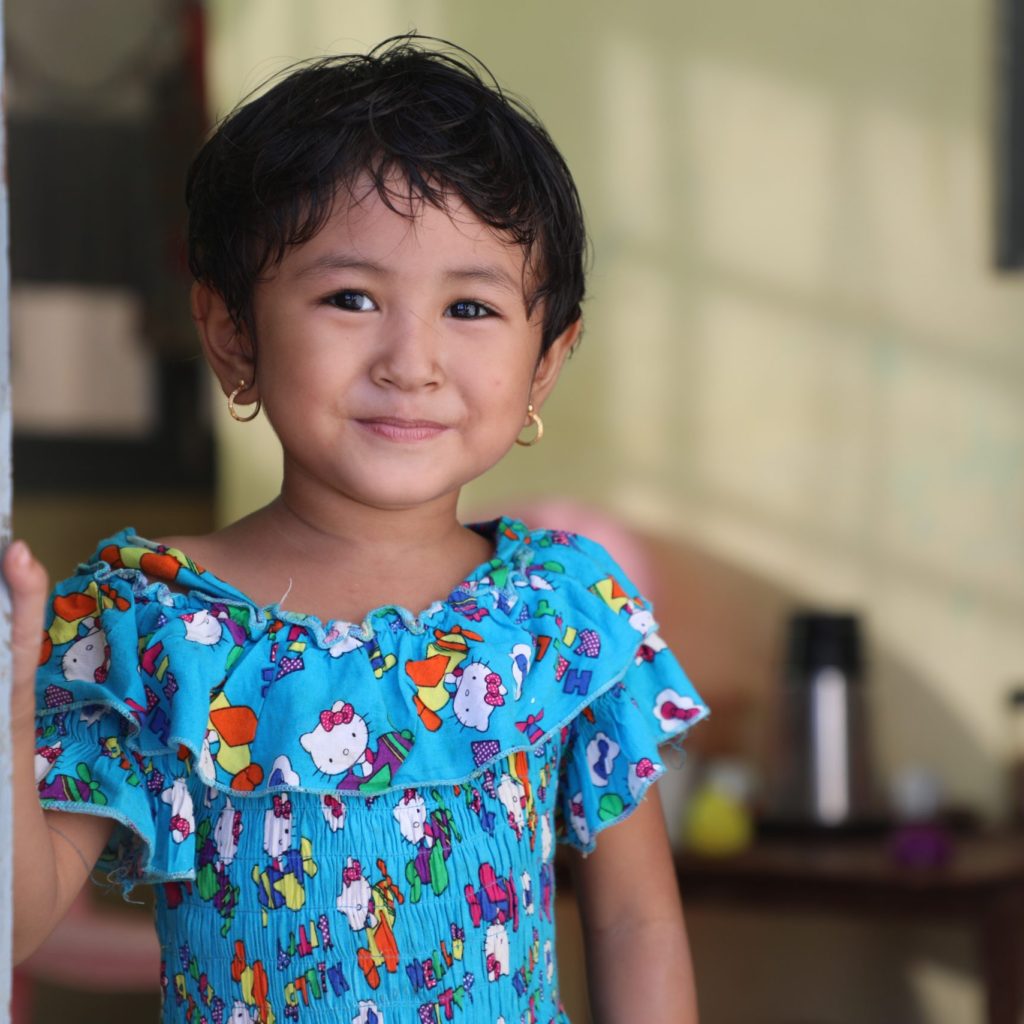
“Children and young people have taught us resilience, and they are also asking us to transform education to address the multiple ethical challenges our societies face and to help them prepare to be agents of change in building a better world.”
Rev. Keishi Miyamoto,
President, Arigatou International,
speaking at the opening ceremony of the Transforming Education Symposium
Message from the Director
Transforming Education: A Global Symposium on Ethics Education for Children
More than 900 participants gathered online at the global symposium, Transforming Education: Ethics Education for Learning to Live Together. Participants included educators, children and young people, religious leaders, policymakers, faith-based and civil society organizations, academic researchers, multilateral agencies and representatives from national ministries of education.
This unique event hosted a highly diverse group of speakers and participants, who came together to reflect, collaborate and advance ethics education for children as a critical element for building forward better.
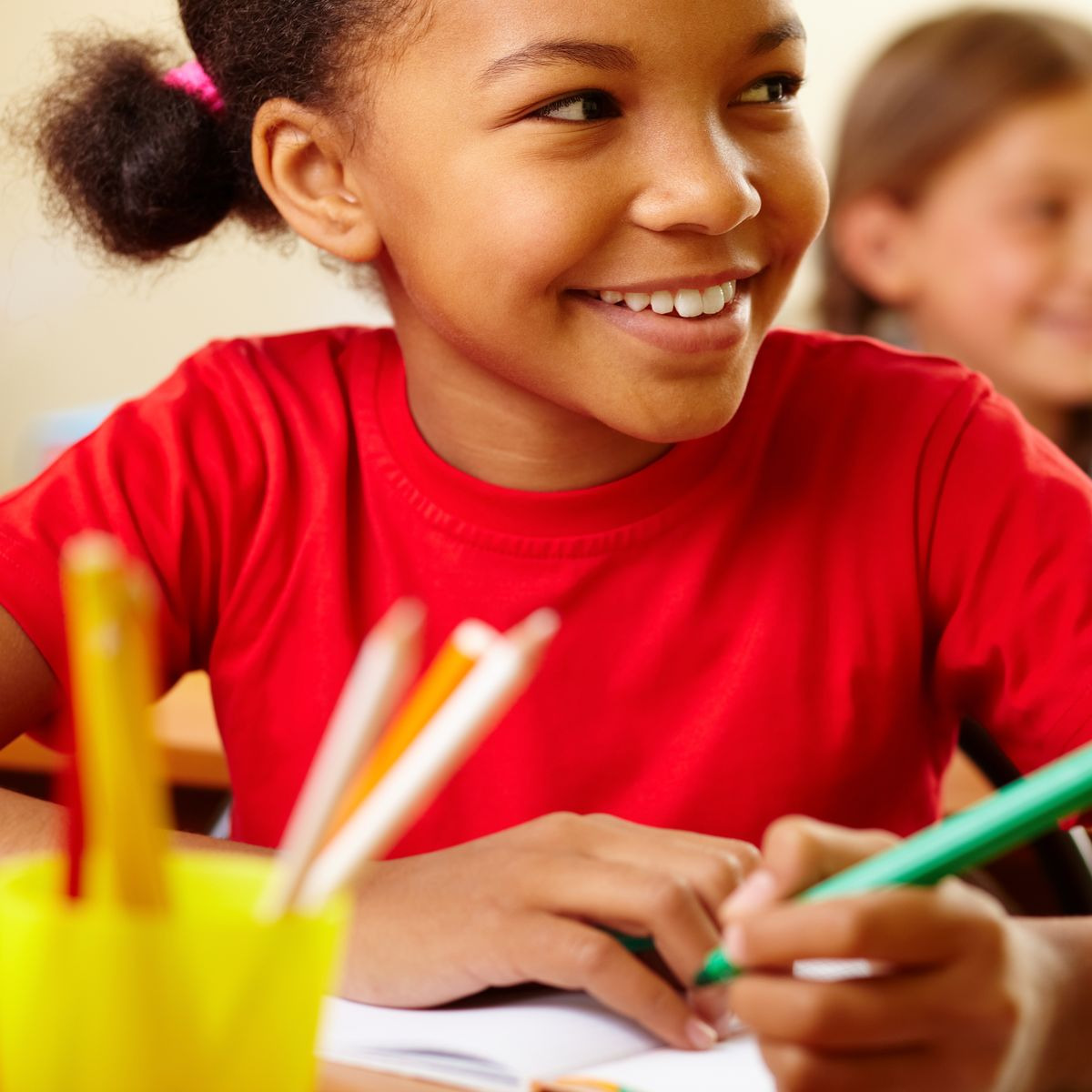

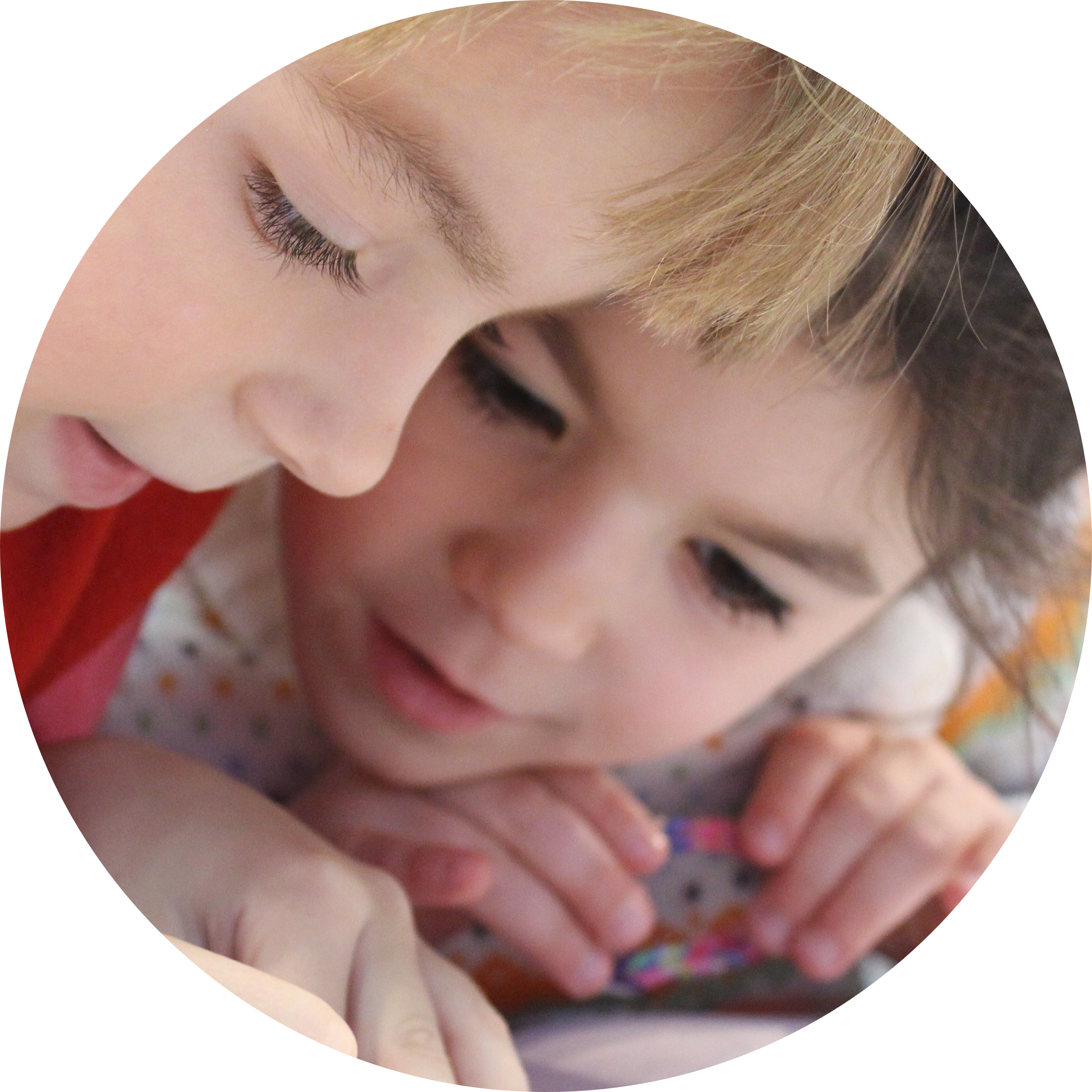

Learning to Live Together — Now for Children Ages 6 to 11!
A new Learning to Live Together manual was developed to support educators in formal and non-formal educational settings to carry out transformative educational experiences with children ages 6 to 11.
Learn how this new resource was developed and download your free copy!
Learning to Live Together – An Intercultural and Interfaith Program for Ethics Education
Learning to Live Together is an intercultural and interfaith program for ethics education, designed to contribute to the realization of children’s right to a full and healthy physical, mental, spiritual, moral and social development.

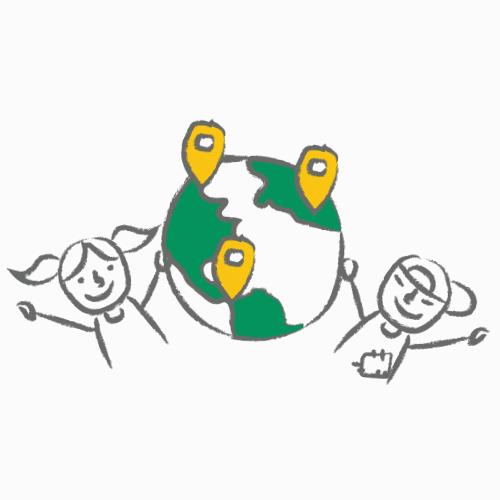
Implementation
5,803 children were reached with activities based on the Learning to Live Together program implemented by partners in 9 countries.
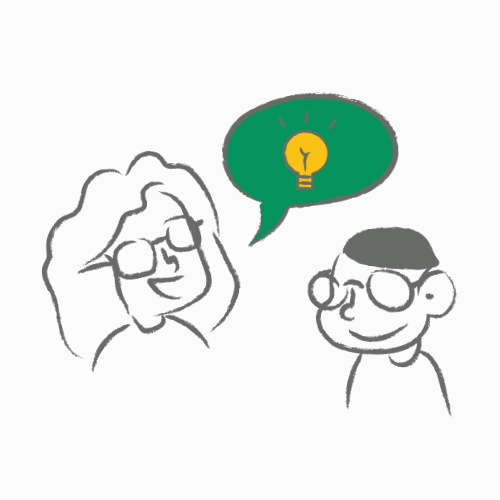
Training
45 educators, social workers and youth leaders, as well as representatives of civil society and faith-based organizations, were trained as facilitators.
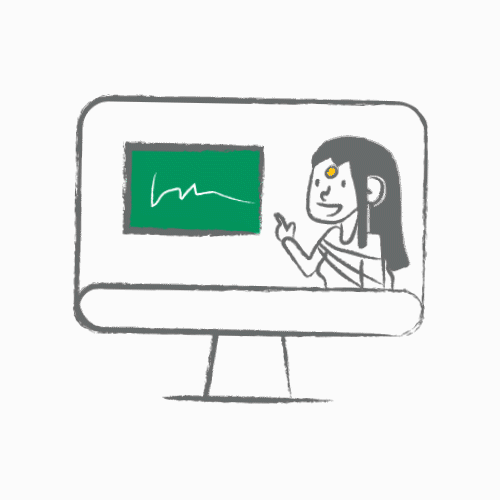
Online Course
74 participants from 32 countries took our online course based on the Learning to Live Together program.
Learning to Live Together – An Intercultural and Interfaith Program for Ethics Education
Learning to Live Together is an intercultural and interfaith program for ethics education, designed to contribute to the realization of children’s right to a full and healthy physical, mental, spiritual, moral and social development.

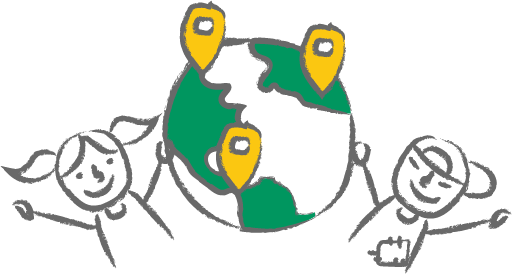
Implementation
5,803 children were reached with activities based on the Learning to Live Together program implemented by partners in 9 countries.

Training
45 educators, social workers and youth leaders, as well as representatives of civil society and faith-based organizations, were trained as facilitators.
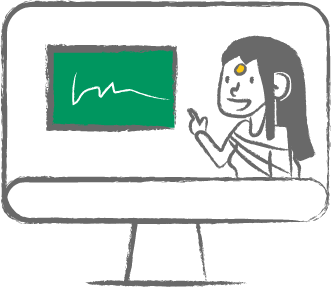
Online Course
74 participants from 32 countries took our online course based on the Learning to Live Together program.

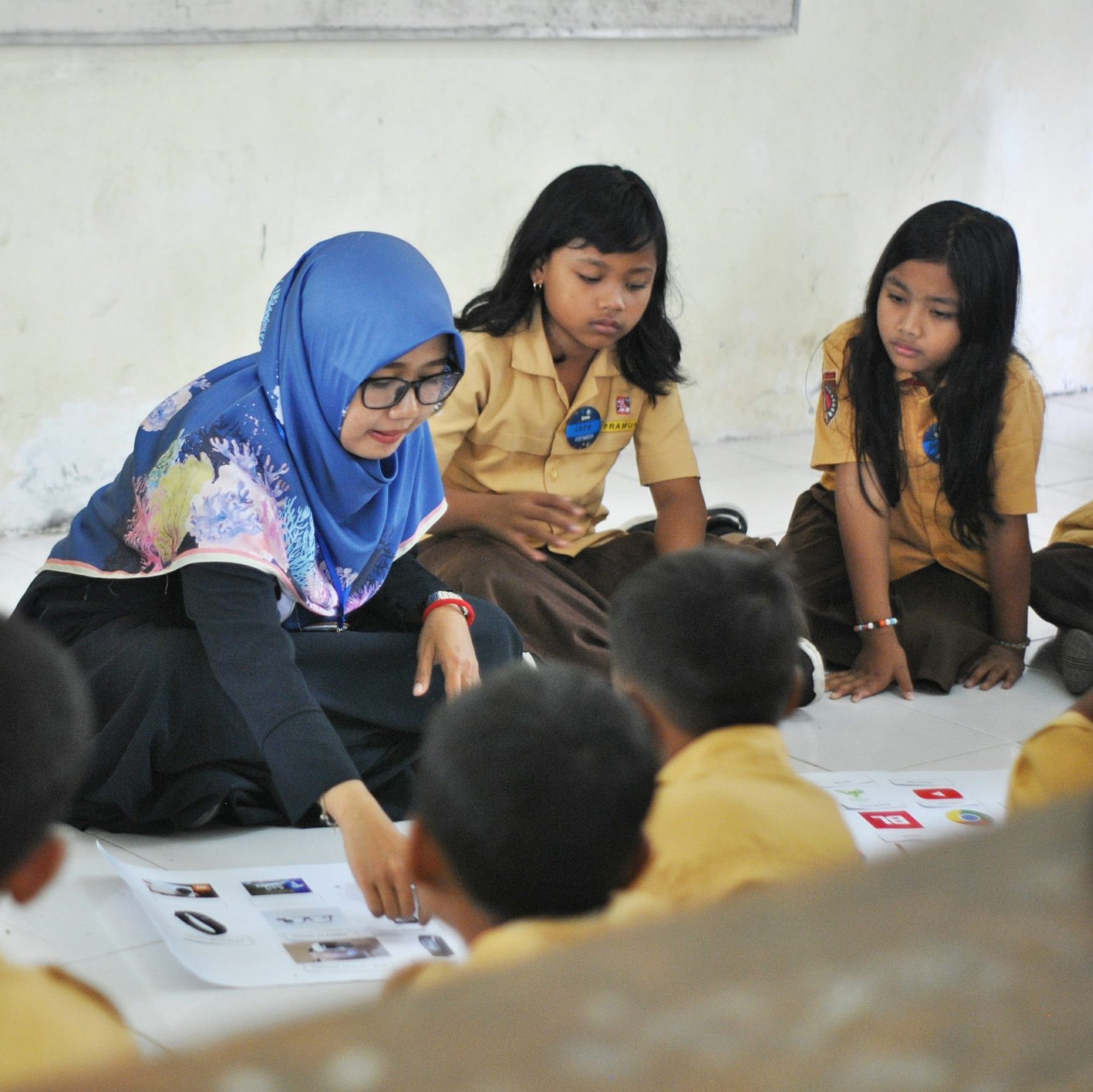
Newly Launched! The Ethics Education Fellowship Program to Contribute to Global Citizenship and the Creation of Peaceful and Inclusive Societies
This year, we launched the Ethics Education Fellowship Program, inviting ministries of education, intergovernmental organizations, multilateral agencies, civil society organizations and research institutions to collaborate to advance ethics education in formal educational settings.
Building Capacities in Africa on a Transformative Pedagogy for Peace and Resilience
This year, we collaborated with the UNESCO International Institute for Capacity Building in Africa (IICBA) as a technical partner in the project, “Prevention of violent extremism and its resurgence amid the COVID-19 pandemic through education in Africa.”
As part of the project we conducted 11 training workshops and webinars, reaching 480 higher education teachers, youth leaders, representatives from ministries of education and other stakeholders from 21 African countries.


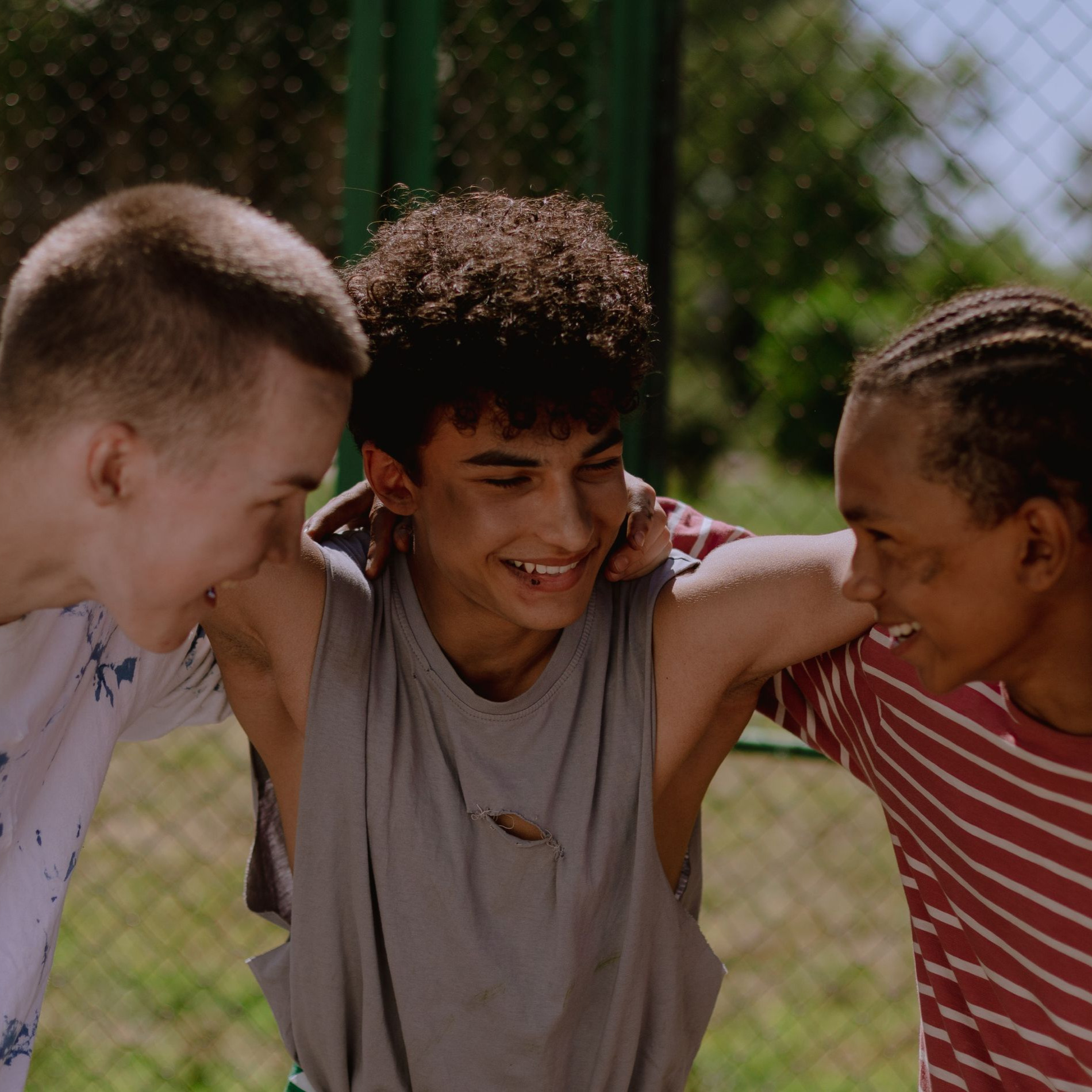
Contributing to the Holistic Development of Migrant and Refugee Children
Educators and faith communities can play a critical role in fostering resilience in children on the move and refugees. Employing transformative educational approaches can help promote inclusion and understanding among migrant, refugee and host communities. Faith-based approaches can help respond to children's mental health and psychosocial well-being.
During this year, we worked together with multiple partners to help educators and faith communities across Europe ensure the well-being of migrant and refugee children.
With Children at the Heart of All We Do
Our unique approach to ethics education helps empower children to make positive contributions to their societies by strengthening their critical thinking, ethical reflections and ability to develop collective actions with others.
This year, we carried out a number of different activities to promote children’s meaningful participation and ensure the creation of safe, collaborative learning spaces.

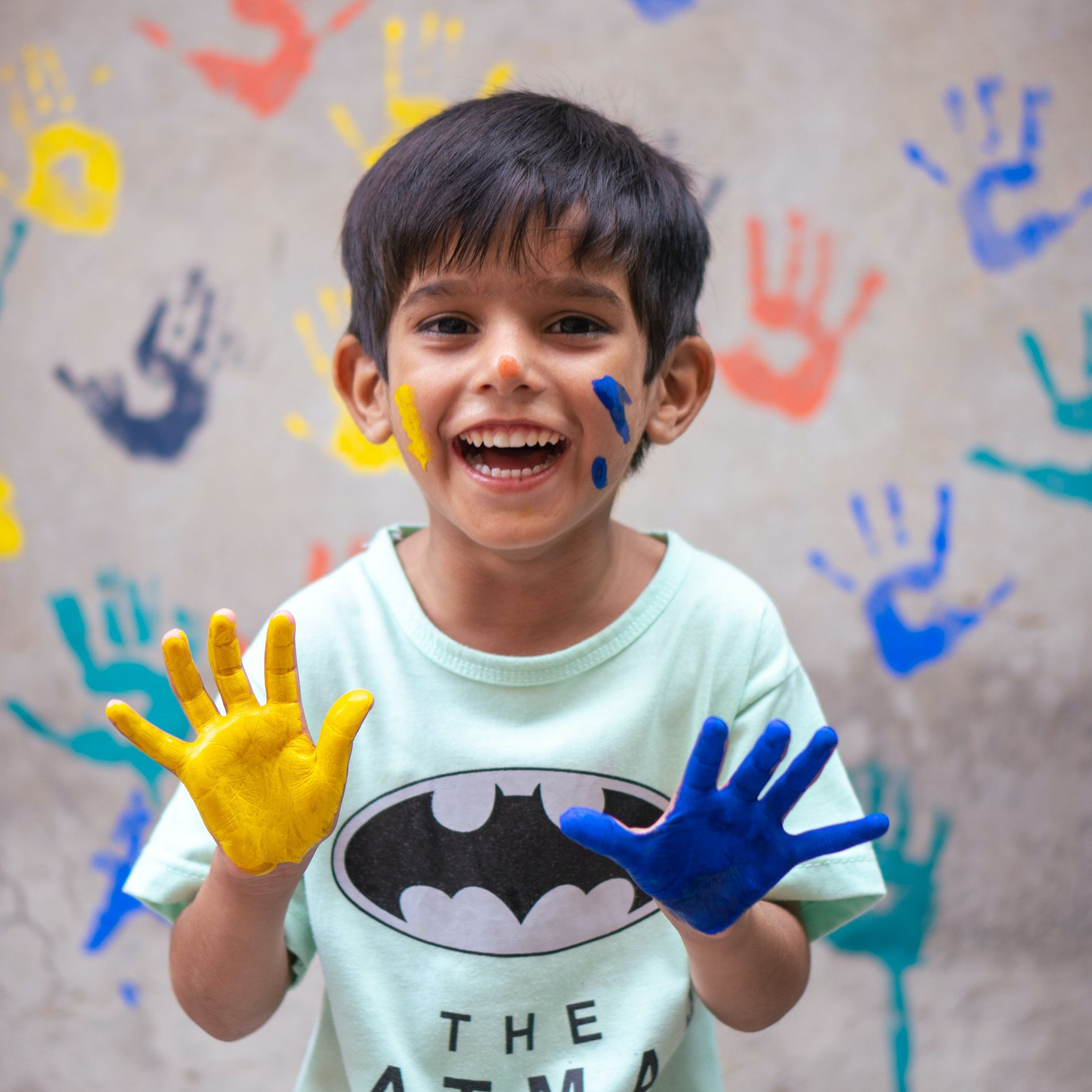
Consortium on Nurturing Values and Spirituality in Early Childhood for the Prevention of Violence
During this period, the members of the Consortium worked together in the development of a toolkit on the Spiritual Development of Children in the Early Years. Its innovative approach seeks to support faith leaders and faith communities in advancing the protection of children from violence through their spiritual development. Learn more about this new resource in the following video:

Advocating for Ethics Education for Children and the Right to Quality Education
This year, Arigatou International – Geneva was invited to share expertise at nine different international events and co-organized five panel discussions and workshops, reaching more than 2,700 people.
In our interventions, we focused on promoting the critical role of ethics education in building more peaceful and inclusive societies, fostering resilience in children, and helping them to learn to live together.

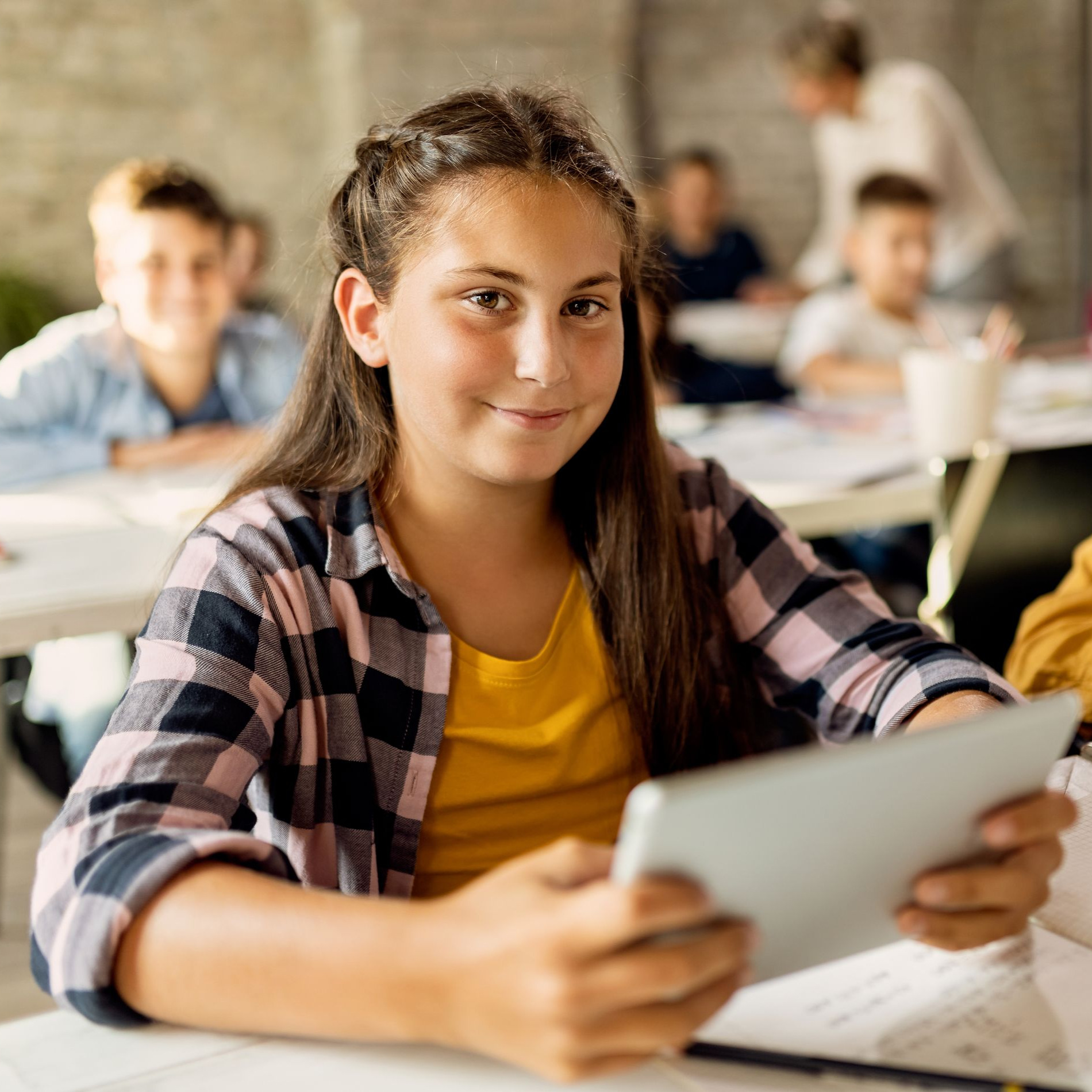

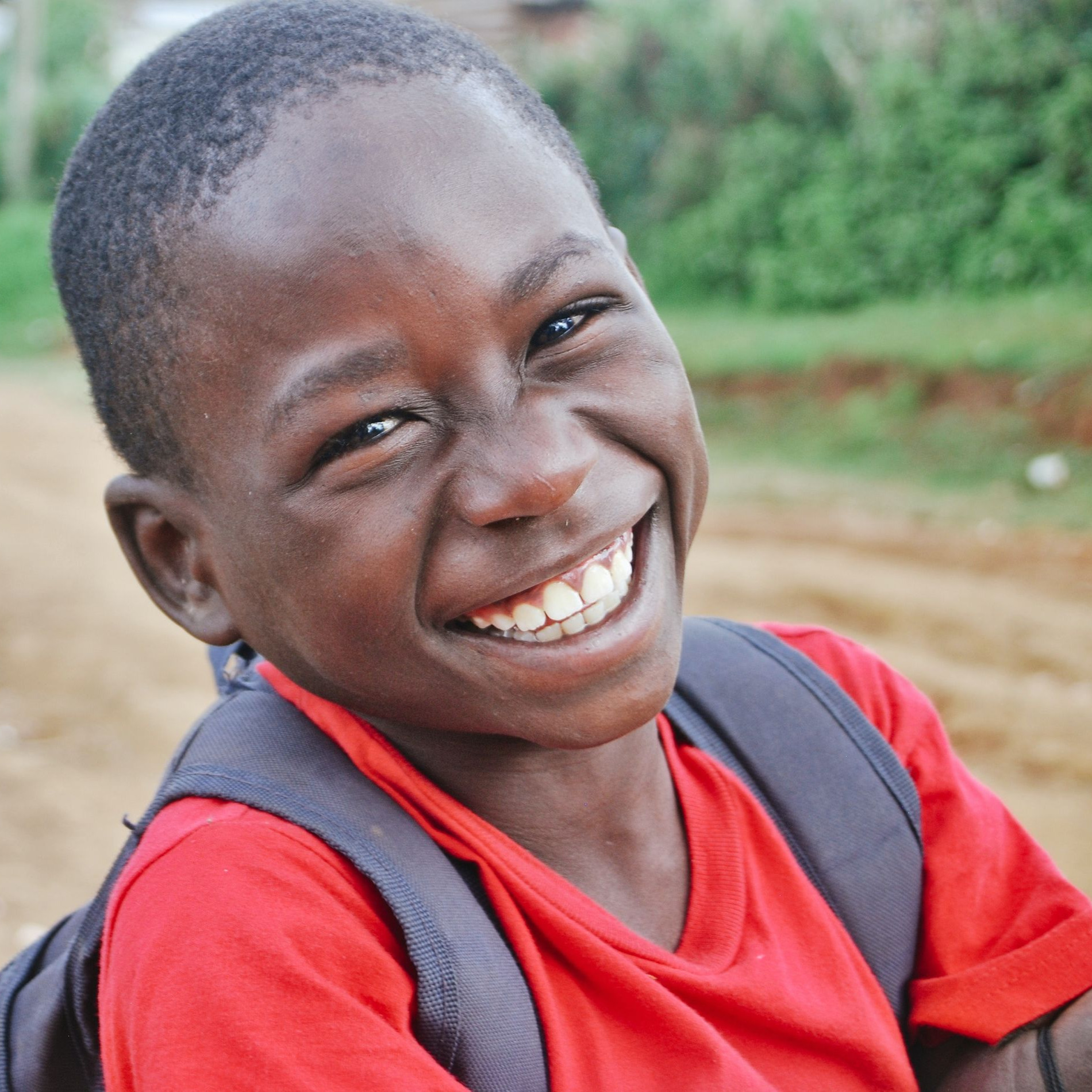
Working Collaboratively to Promote the Rights and Well-Being of Children Worldwide
The Geneva office represents Arigatou International on several platforms which advocate for the protection and promotion of children’s rights and seek to contribute to the 2030 Agenda for Sustainable Development.
This year, the Geneva office participated in various networks and working groups that seek to contribute to children’s rights, particularly their right to quality education, and their right to live in a safe environment. We advocated together with our partners for the meaningful participation of children and helped raise awareness about their psychological well-being, particularly that of children on the move.
Acknowledgments
All these achievements were made possible thanks to the many individuals and organizations who worked with us throughout this period.
Special thanks go to the many children and youth who joined our programs with hope and enthusiasm. You are at the heart of all that we do!
We send our gratitude to the hundreds of skilled and passionate facilitators and trainers who implemented and tested our programs at the grassroots level, and to the local organizations that made it possible. Our sincere appreciation goes to them for believing in the effectiveness of our approach.
We also thank the consultants, interns and volunteers who have given us their time and commitment to contribute to our mission.
Finally, we send our heartfelt gratitude to the members of the Global Network of Religions for Children, and our colleagues at the Arigatou International offices in Tokyo, Nairobi, and New York for their collaboration, and offer a special thanksgiving to all the members of Myochikai in Japan for their unwavering support.
We recognise the special contributions of the many groups of people and individuals who have worked with us during this year:
- Dr. Hasnah Gasim, Indonesia National Commission for UNESCO
- Mr. Andres Guerrero, Expert on Children’s Rights
- Ms. Mary Kangethe, Kenya National Commission for UNESCO
- Ms. Prabha Karthik, Montessori Teacher and Expert on Middle Childhood Education
- Mr. Mark Manns, UNESCO Bangkok
- Dr. Ilham Nasser, International Institute for Islamic Thought
- Ms. Mercedes Roman, Expert on Children’s Rights
- Mr. Stephen Shashoua, Expert on Intercultural and Interfaith Education
- Ms. Rohaniza Sumndad- Usman, Teach Peace Build Peace Movement
- Ven. Napan Thawornbanjob, Assistant Abbot, The Golden Mount Temple, Bangkok, Thailand; Director, Institute of Buddhist Management for Happiness and Peace
- Dr. Angelos Vallianatos, Expert on Interfaith and Intercultural Education
African Union
Aga Khan Foundation
Child Rights Connect
European Wergeland Centre
G20 Interfaith Summit
Geneva Global Hub for Education in Emergencies
Global Partnership to End Violence Against Children
Government of Cyprus
Guerrand-Hermès Foundation for Peace
Higher Committee for Human Fraternity
ICESCO – Islamic World Educational, Scientific and Cultural Organization
Institute for Economy and Peace (IEP)
International Partnership for Religion and Sustainable Development (PaRD)
KAICIID Dialogue Center
KAICIID – Network for Dialogue
Kenya National Commission for UNESCO
Ministry of Education of Kenya
The Office of the United Nations Special Representative of the Secretary-General on Violence against Children
Regional Peace Programme (RPP)
Religions for Peace
Rotary International Districts – Nigeria
Safe to Learn – Global Partnership to End Violence Against Children
Scholas Occurrentes
SmartPeace Foundation
Sudan Council of Churches
Sudan Interreligious Council
SYNYPARXIS
UNESCO
UNESCO International Institute for Capacity Building in Africa (IICBA)
UNESCO – Kenya National Commission
UNICEF
United Nations Alliance of Civilizations
World Vision International